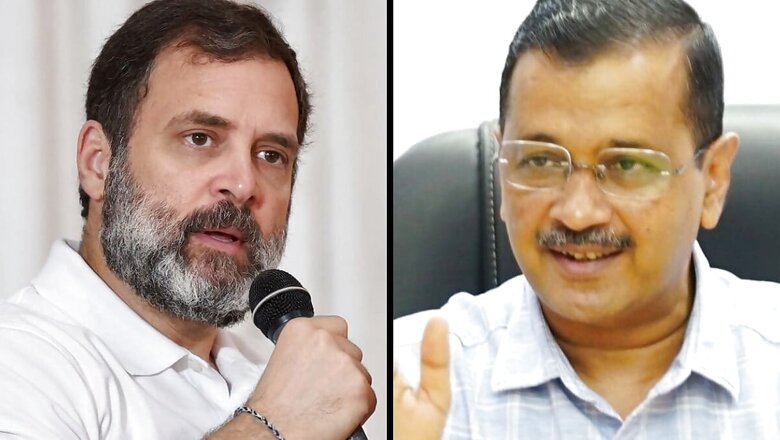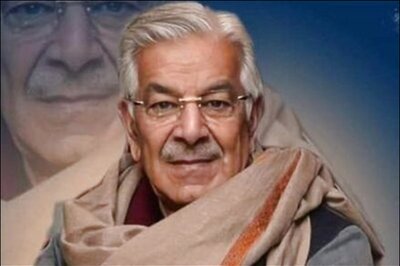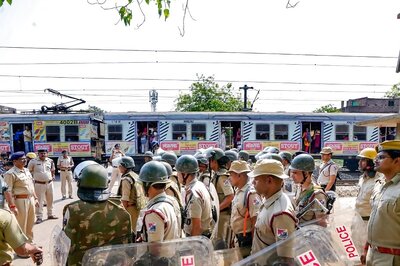
views
Even as the Opposition is trying to project they are united amid the disqualification of Congress’s Rahul Gandhi as the Member of Parliament (MP), their stance – be it of the Congress, Rahul Gandhi or the Aam Aadmi Party (AAP) — on the issue has never been consistent throughout.
Gandhi was disqualified from the Lok Sabha on Friday, a day after he was convicted by a Surat court in a 2019 criminal defamation case, in line with the 2013 Supreme Court judgment in the Lily Thomas case.
The court in Surat sentenced on Thursday Rahul Gandhi to two years in jail in a defamation case, filed on a complaint by BJP MLA Purnesh Modi for his alleged remark, “How come all thieves have Modi as the common surname?”
WHAT HAPPENED IN 2013?
In 2013, the SC, in the Lily Thomas vs Union Bank of India case, had struck down section 8(4) of the Representation of The People Act that gave a convicted lawmaker the power to remain in office on the grounds that appeals have been filed within three months of the conviction.
The same year, the Manmohan Singh government brought an ordinance against the Supreme Court ruling.
It said that “notwithstanding anything contained in sub-section (1), sub-section (2) or sub-section (3), a disqualification under any of the said sub-sections shall not, in the case of a person who on the date of the conviction is a member of Parliament or the Legislature of a State, take effect, if an appeal or application for revision is filed in respect of the conviction and sentence within a period of ninety days from the date of conviction and such conviction or sentence is stayed by the court: Provided that after the date of the conviction and until the date on which the conviction is set aside by the court, the member shall neither be entitled to vote nor draw salary and allowances, but may continue to take part in the proceedings of Parliament or the Legislature of a State, as the case may be.”
It was passed by the Cabinet and sent to the President for his assent. However, Gandhi, at a press conference, rejected the ordinance as “complete nonsense”. It was eventually withdrawn.
2013- Kejriwal said convicted MPs must be immediately disqualified, met President requesting him not to sign ordinance.2023- Kejriwal says disqualification of Rahul Gandhi because of conviction shows Modi is scared. pic.twitter.com/JVyWsaQLTv
— Ankur Singh (@iAnkurSingh) March 24, 2023
THE CHANGE IN STANCE
- For one, Rahul Gandhi, who then did not support his party’s stance, must have surely changed his opinion now.
- A look at the AAP. In 2013, AAP chief Arvind Kejriwal had said that convicted MPs must be immediately disqualified and met the President requesting him not to sign the ordinance.
- Circa 2023. Kejriwal says disqualification of Gandhi because of conviction shows “PM Modi is scared”.
- Not just the AAP, the Congress, too, seems to have different yardsticks while handling action against their leaders. For instance, former PM Narasimha Rao was also arrested. He had served as the Prime Minister and was a very experienced leader. Yet, when he was arrested, no Congress leader held any type of protest. There was no vigorous statement in his support.
Is it the action against Congress or a Gandhi that has elicited such a response, many wonder.
Read all the Latest Politics News here




















Comments
0 comment